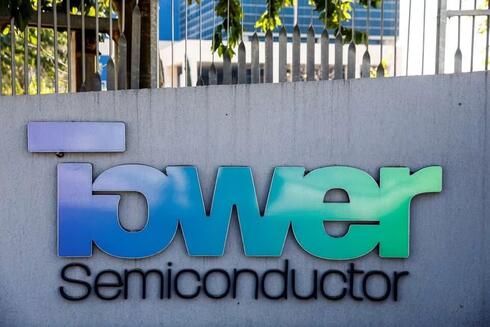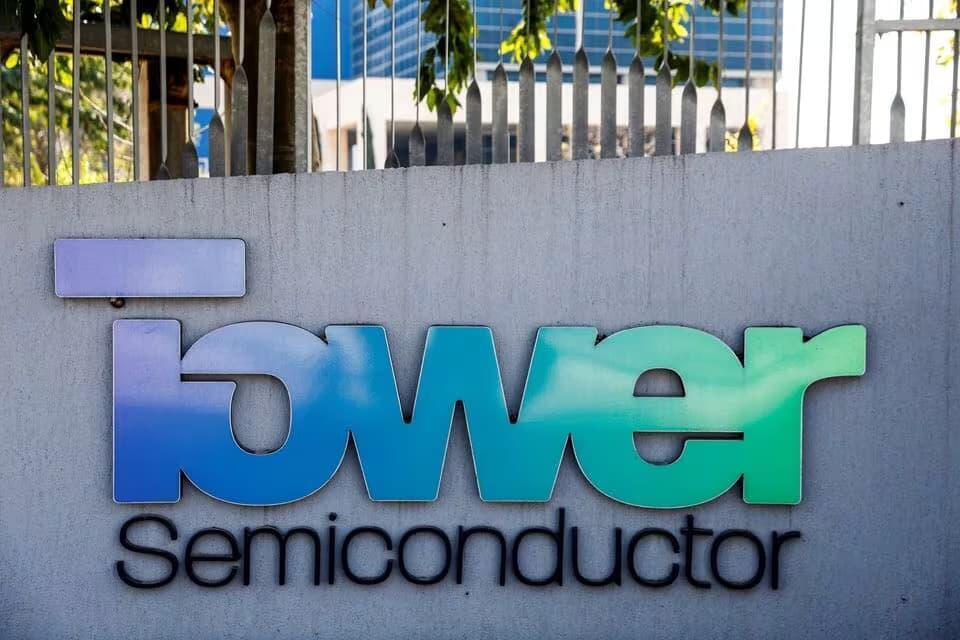
Tower’s stock tumbles as analog chip glut and AI competition take a toll
The Israeli chipmaker struggles with oversupply and faces new threats from Chinese AI upstart DeepSeek.
The large inventories of analog chips, along with rising competition in the AI industry from DeepSeek, have erased almost $1 billion from Tower Semiconductor's value. The Migdal HaEmek-based chip company has recently been grappling with a significant buildup of analog chip inventories—its primary product.
Analog chips are mainly used in autonomous vehicles, medical computing, and communications. In recent months, demand for these chips has noticeably declined, primarily due to oversupply and reduced demand in the automotive industry. This downturn is essentially a mirror image of 2021, when the COVID-19 crisis disrupted supply chains, leading to a surge in demand for chips amid a shortage of global manufacturing capacity. In response, industry giants such as Intel, TSMC, and Samsung ramped up production. Adding to the challenge, the automotive, personal computer, and mobile device markets have become saturated. According to Deloitte, PC sales stagnated in 2023 and 2024 and are expected to grow by only 4% this year.
In line with these trends, Tower issued a disappointing revenue forecast for the first quarter of 2025 earlier this week, projecting revenue of $358 million, with a 5% range. This forecast represents a 7.5% decline from its fourth-quarter 2024 revenue but a 7% increase compared to the first quarter of 2024. The projection was released as part of the company's preliminary earnings report for the past year, though Tower has yet to publish its full financial statement. In the fourth quarter, the company reported revenue of $387 million, marking a 5% increase from the previous quarter and a 10% rise from the same period last year. Net profit reached $55 million, a modest improvement of less than 2% from the $54 million recorded a year earlier.
Tower's slow year-over-year growth stands in contrast to the broader semiconductor industry, which experienced a boom in 2024, with demand expected to rise 19% to $627 billion. Much of this demand was driven by artificial intelligence, a sector that has also fueled significant stock market activity.
While Tower does not manufacture AI chips directly, it supplies essential supporting components such as image sensors, power management chips, and high-speed communication modules—crucial elements for AI systems in the cloud and beyond. As a result, Tower's stock surged 70% throughout 2024. However, the company's financial results did not specify which sectors strengthened or weakened, and its relatively modest growth suggests that its primary focus on analog chips has weighed on overall performance.
"In recent months, Tower has emphasized its role in the AI chip sector during investor calls. As a result, the market expected stronger numbers. The latest earnings report suggests that saturation in the automotive and computing sectors is affecting its performance," a technology analyst told Calcalist.
The release of Tower's fourth-quarter results triggered a more than 5% drop in its stock price. This decline compounds the losses Tower, along with other AI-related tech stocks on Wall Street, has faced since the recent launch of an artificial intelligence model by Chinese startup DeepSeek. DeepSeek, which introduced a chatbot similar to ChatGPT, disrupted markets in late January when its parent company claimed to have developed the model for under $6 million. If these figures are accurate, they could fundamentally reshape the industry’s revenue models and intensify competition with giants like OpenAI and Anthropic, the developer of Claude. This shift may also impact demand for Tower’s supporting chips, potentially driving prices lower.
Since the start of the year, Tower’s stock has fallen 12.4%, while the Tel Aviv Technology Index, which includes the company, has gained 5.2%. Meanwhile, the Nasdaq has risen 1.7% over the same period. Tower currently has a market capitalization of NIS 18.6 billion ($5.2B).














